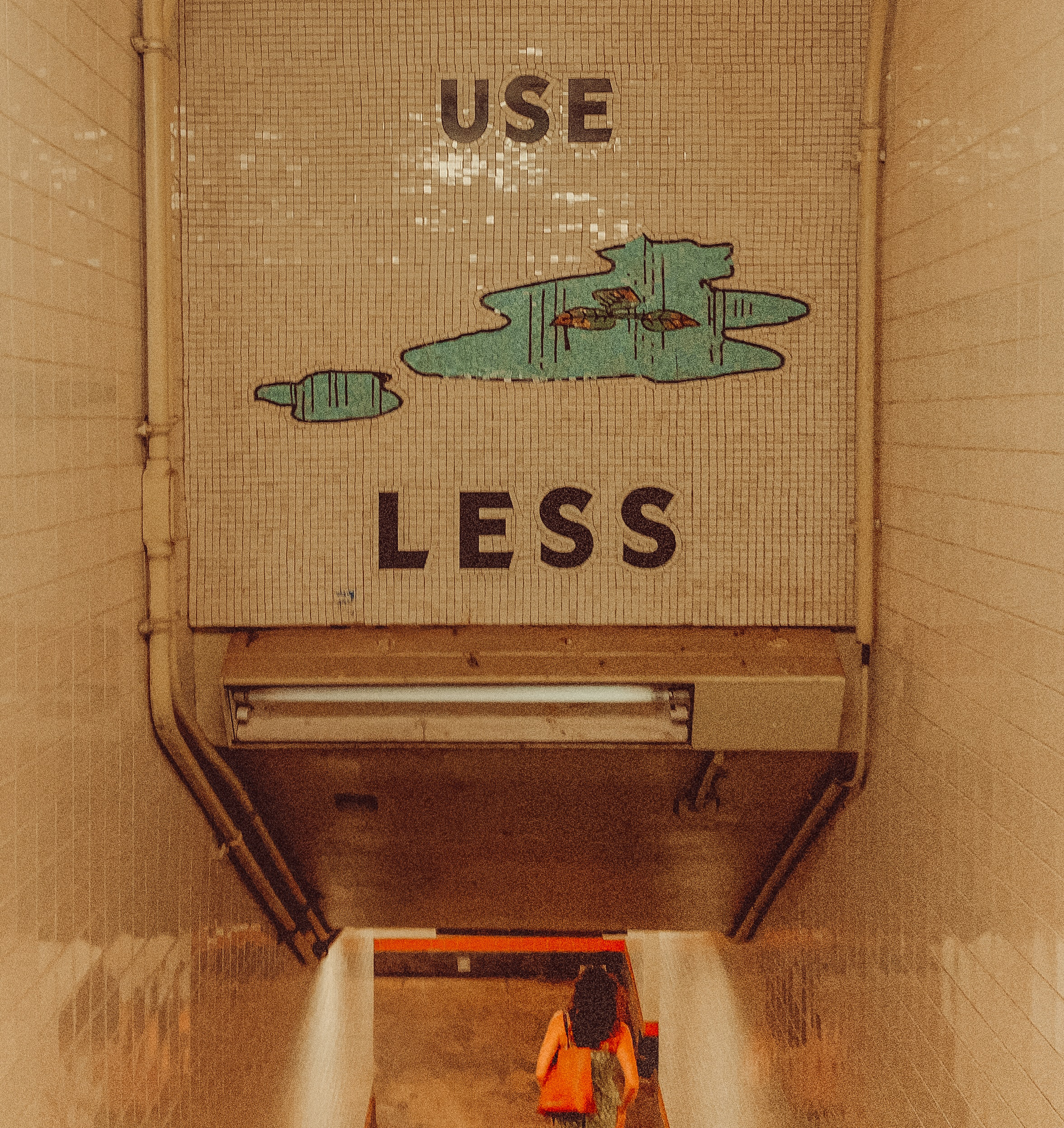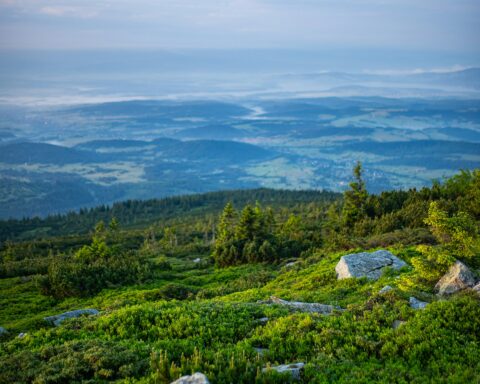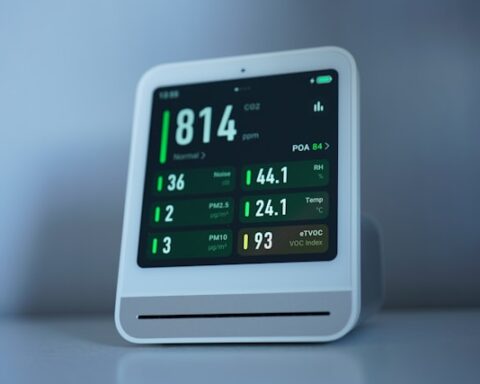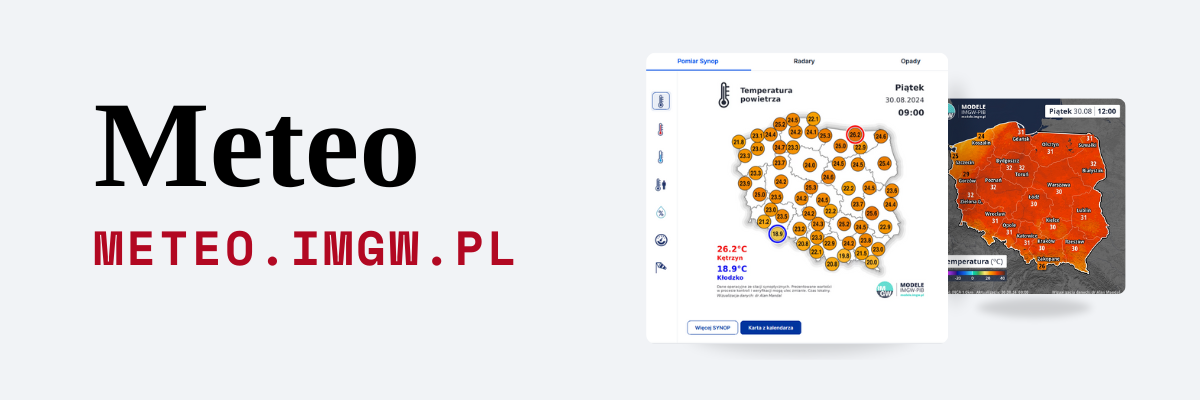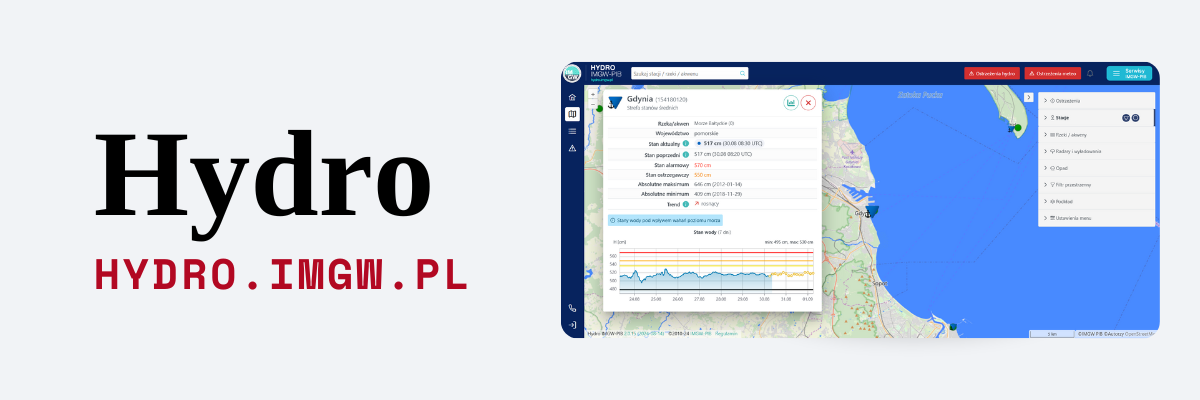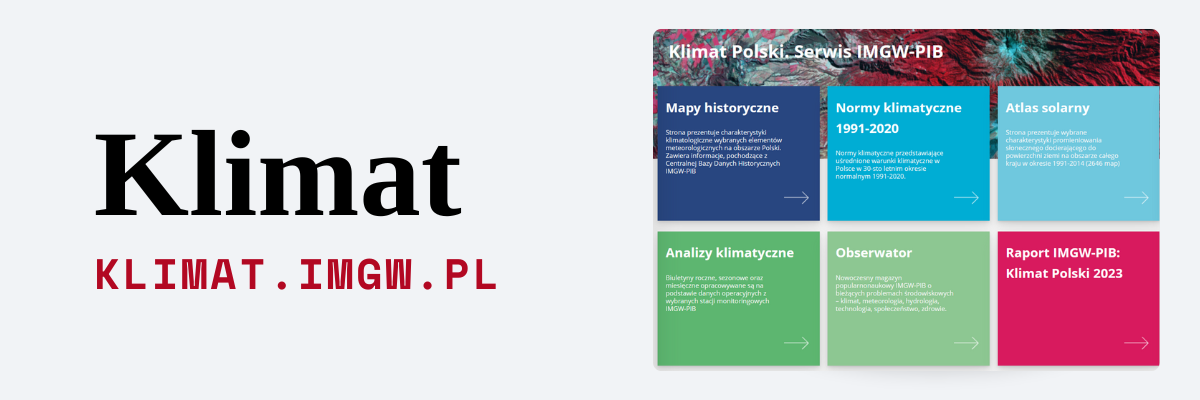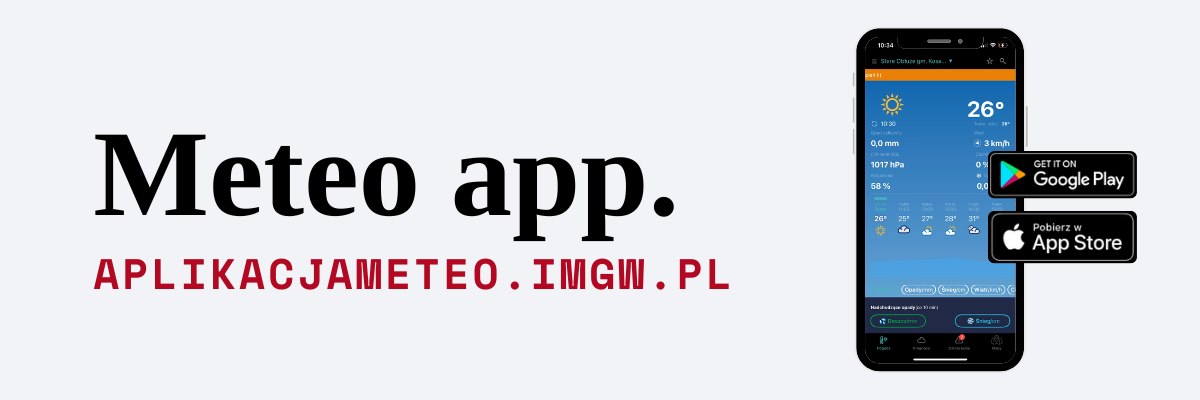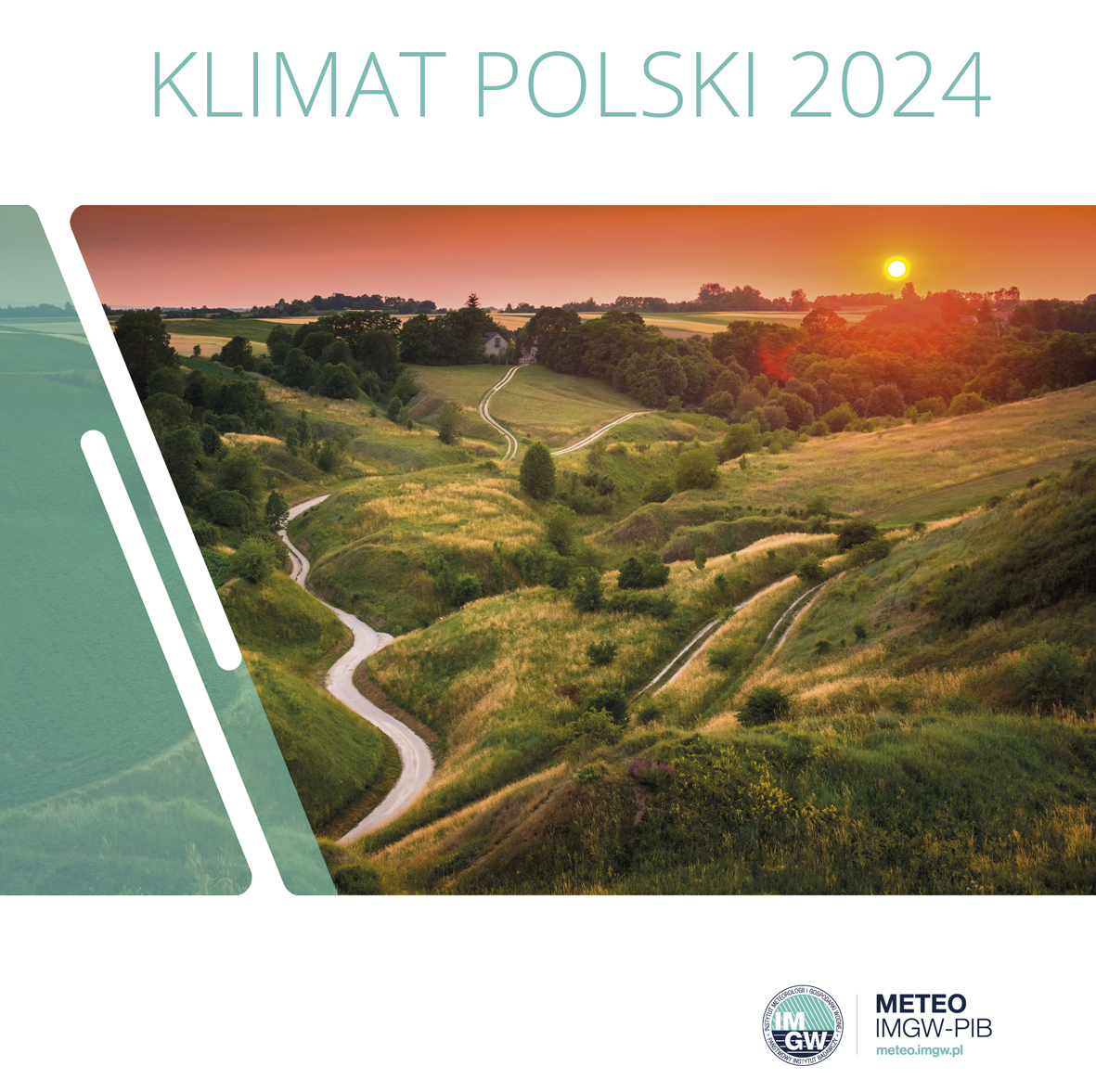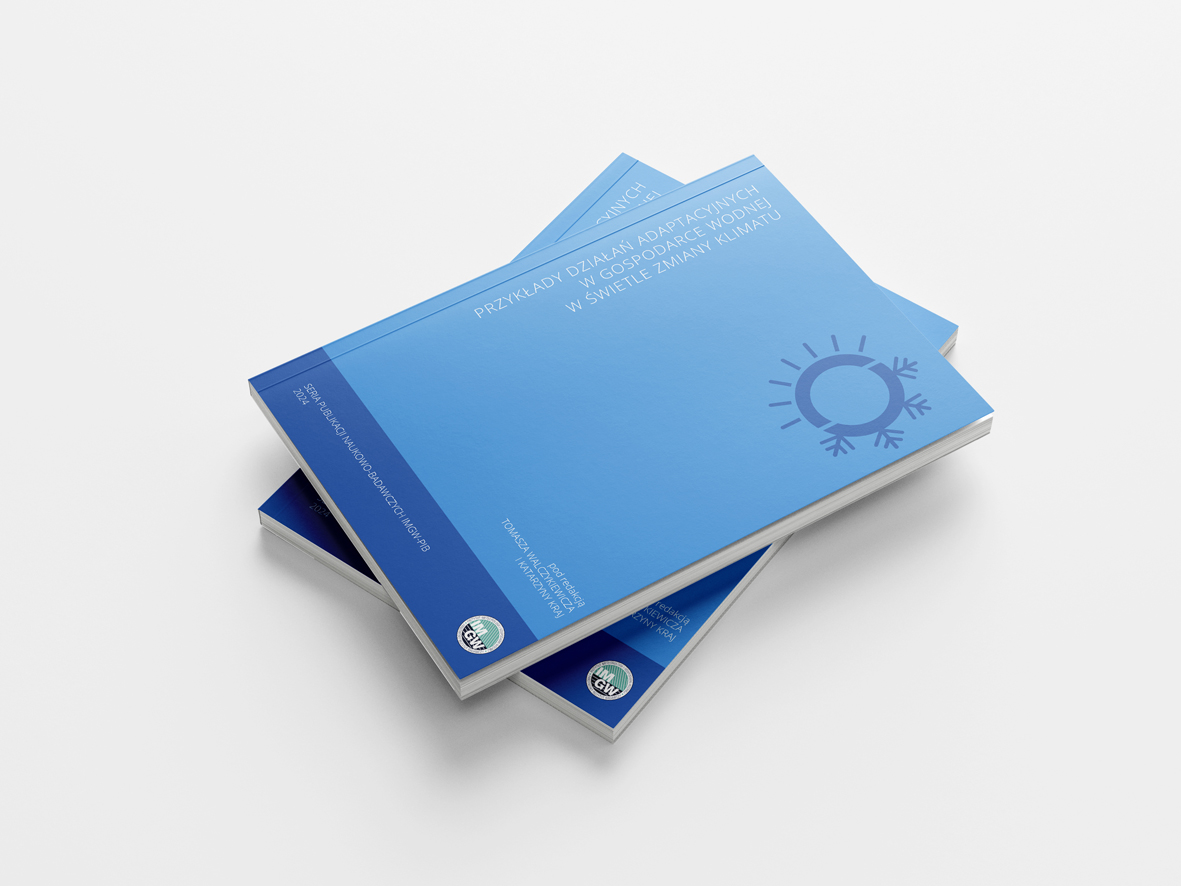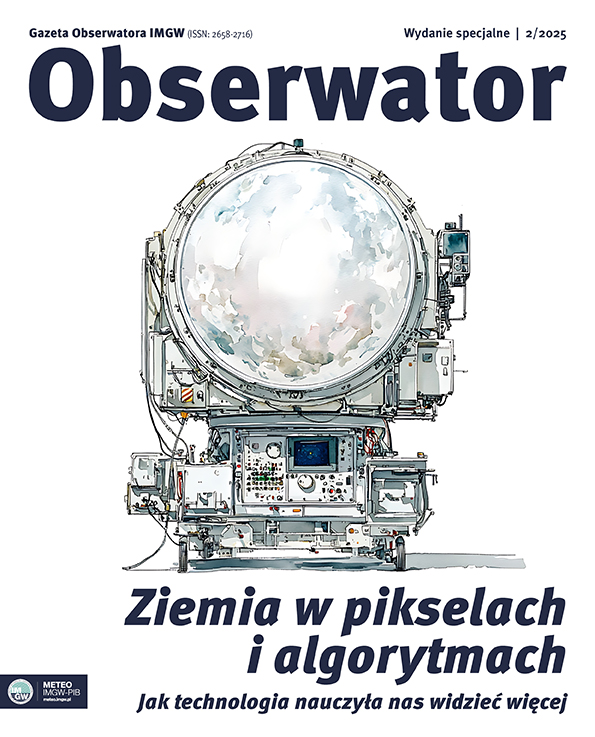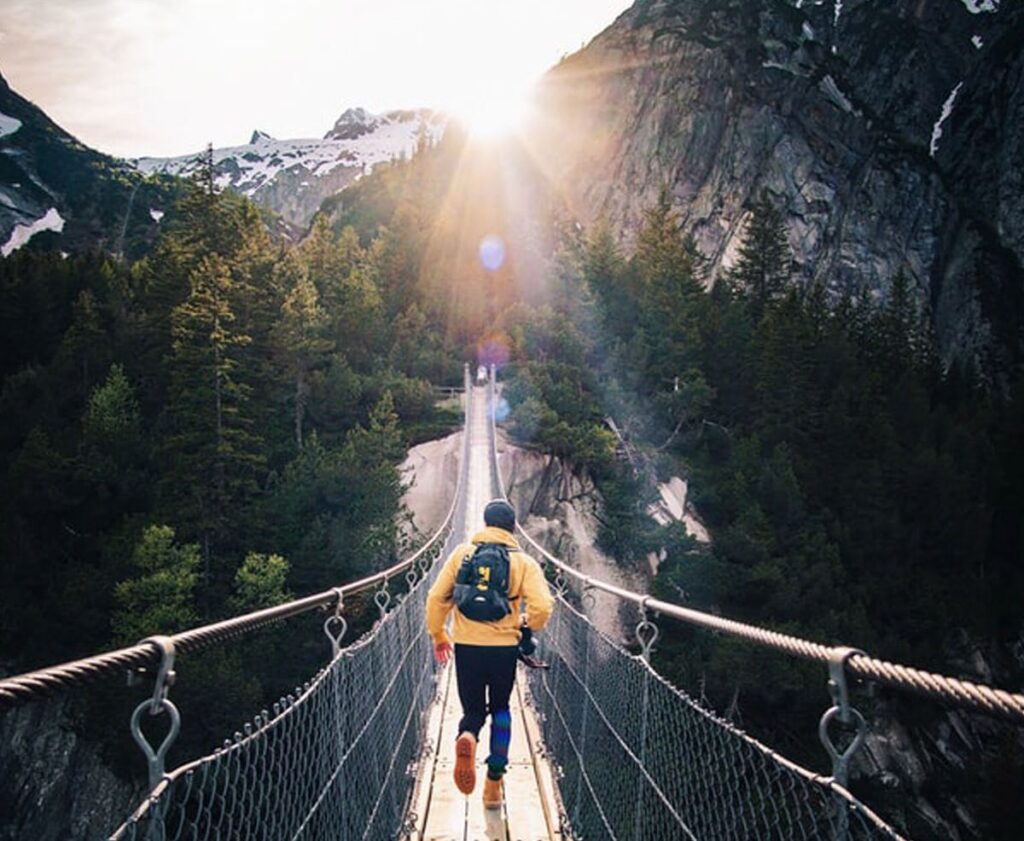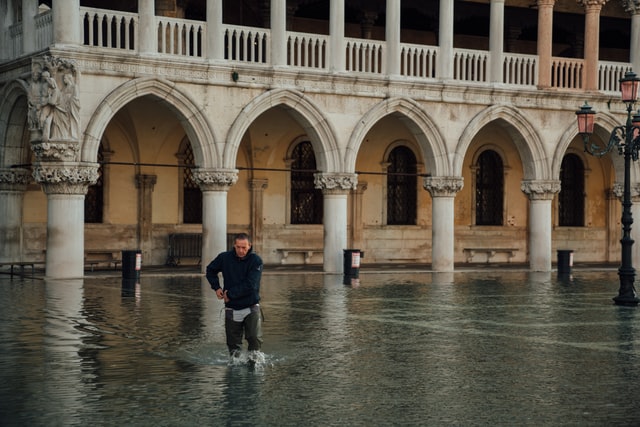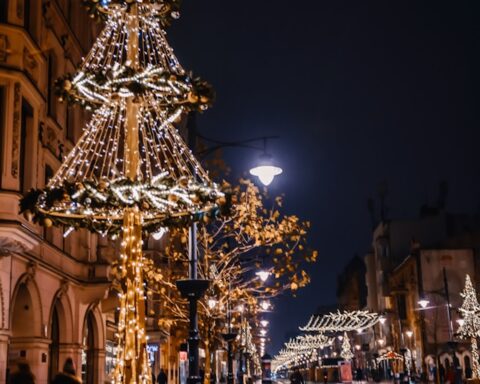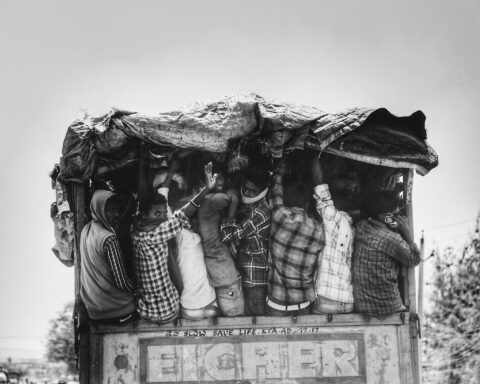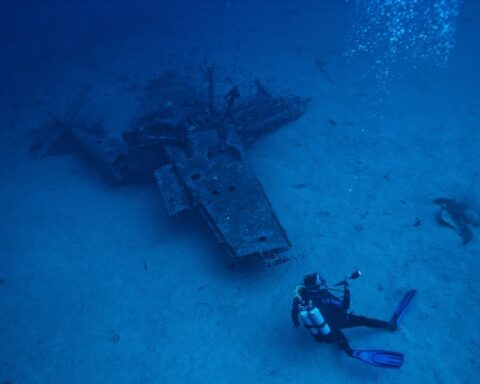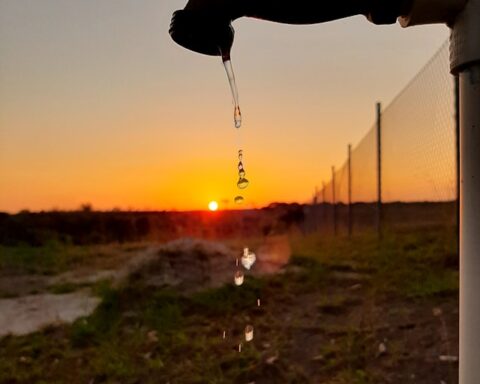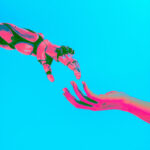I have been following actions taken worldwide to reduce the negative effects of climate change for many years. They seem to resemble a tilt at windmills. We take a step forward, then two steps back. Can such a strategy be successful?
AUTHOR: Rafał Stepnowski, IMGW-PIB
First, a few words about what each of us can do. I try to reduce my carbon footprint, hoping that my relatives, friends, neighbors and fellow citizens are making similar efforts. And like most people concerned about the welfare of the planet and future generations, I repeatedly ask myself – does it even make sense? Do one man’s decisions matter in such a difficult, multi-threaded, and politically entangled process? It depends on the purpose. If we assume that the objective is to minimize losses, this approach is appropriate. When we face as unattainable goal as 1.5 degrees of temperature rise, success is not only a win but even a draw „with an indication to”. Someone might say it is irresponsible. But let’s think – is it better to do something than do nothing?
Doing nothing
Doing nothing means burning fossil fuels, destroying the environment, draining the Earth’s natural resources to the last grain of ore and the last drop of clean drinking water. It is consciously allowing the Arctic glaciers to melt, the Siberian permafrost has released billions of tons of lethal methane, and the temperature on Earth has risen to such an extent that half of the planet will become unusable. It is a permit for global climate suicide. In a hundred years it would turn out that the orchestra was still playing, but the Titanic was already sinking.
Doing something
Doing anything means being wrong, making mistakes, and choosing the lesser evil. It is exposing yourself to costs and inconvenience. It’s a way out of your comfort zone. But in the end, it may turn out that every tenth of a degree we have „broken off” is a million saved lives and the dreams of young people wanting to experience the beauty of this planet. This is a hectare of land where you can safely grow grain to feed your family. This is one island where the last specimen of an endangered species has survived. He is a forgotten scientist who will make a breakthrough discovery in medicine.
Enough reasons to take the first, smallest step. Especially since there are so many options on the table to choose from.
Has the pandemic changed us?
The pandemic has changed the way I think about consumption. It locked me in a house that became an office, school, gym, cinema. Suddenly, it turned out that I could wear one pair of shoes, one pair of jeans and a sweatshirt and two T-shirts for a month. And a dozen shirts „for various occasions” hang uselessly in the wardrobe. Due to the limit in shops and for my safety, I stopped going to supermarkets. I realized that I could buy any product I needed in the local store. Perhaps a bit more expensive, but in the end, it doesn’t affect my home budget too much because I don’t have to stock up on it, and I don’t waste anything.
Suddenly, it appeared that a lot of things around me are unnecessary. This is the key to change. Want less. And unfortunately, we have to start with ourselves. Because without this reflection, do we have the right to say to the inhabitants of developing countries aspiring to live in the >>western-style<<, „Hey, listen! You can’t have it all. You are destroying the planet. Climate is changing. You are emitting too much. So throw away laptops, phones, air conditioners and don’t buy those old cars diesel”.
It is worth taking this step
If we look at the world around us in this way, we can conclude that it is not difficult to give up on trivial desires. And it won’t make us less happy. By the way, we will take this small first step and contribute a part of ourselves to saving the planet.
Main picture: Jon Tyson | Unsplash
RAFAŁ STEPNOWSKI. Hydrologist. Author of publications on climate change, biodiversity, and environmental issues. Editor-in-chief of the „Observer” magazine and the online magazine of the same title. Head of the editorial office of the scientific journal „MHWM”. He has been working at the Institute since 2008. For the first decade, he was a publishing coordinator. Since 2019, he has been creating the IMGW-PIB Communication Team. Currently, he is responsible for all content written in the Institute.
